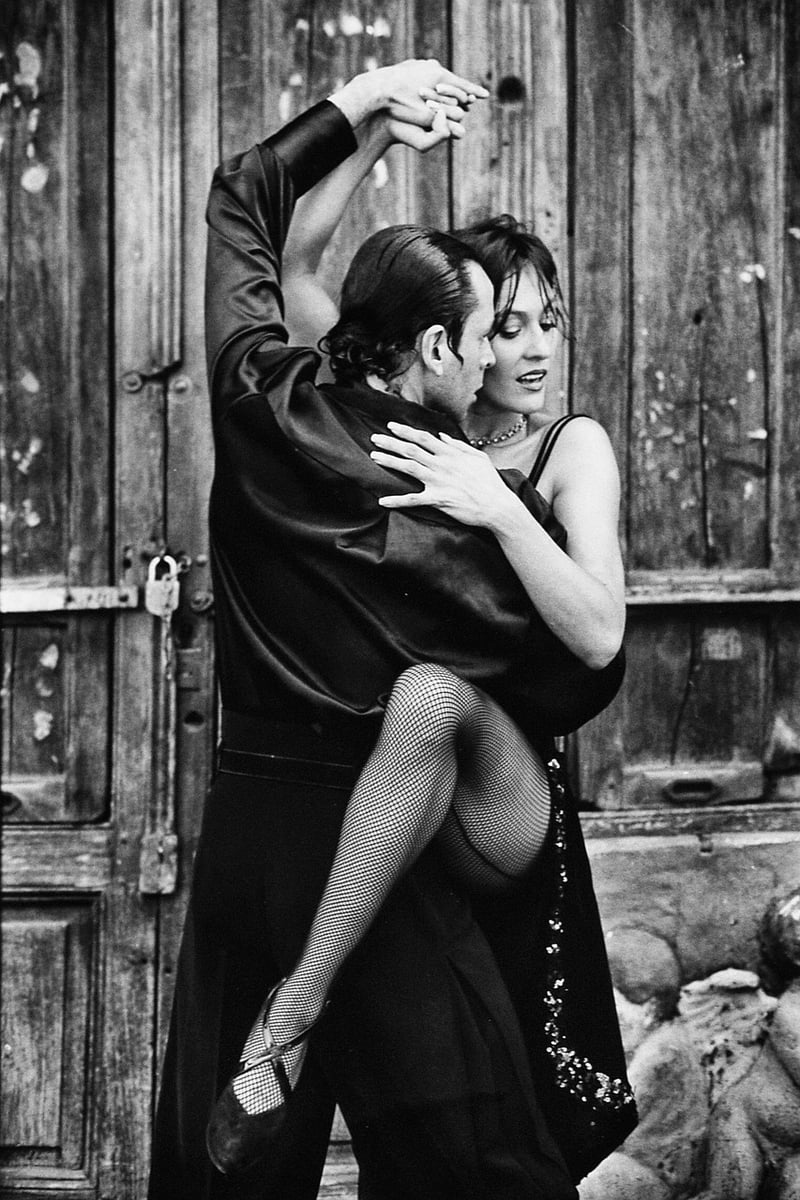Salsa
The Art of Expressive Movement in Salsa Dancing

Salsa dancing is not just about following steps and beats; it's a form of expressive movement that allows dancers to communicate emotions, passion, and energy through their body language. In salsa, dancers use a combination of intricate footwork, body isolations, and fluid movements to convey the music's rhythm and mood.
Key Elements of Expressive Movement in Salsa:
- Body Isolations: Salsa dancers often isolate different parts of their body, such as hips, shoulders, and arms, to create contrast and add flair to their movements.
- Footwork: Precise footwork is crucial in salsa dancing. Dancers use quick steps, turns, and spins to interpret the music and express themselves on the dance floor.
- Connection: In partner salsa dancing, connection plays a significant role in conveying emotions. Partners maintain physical contact, allowing them to communicate and respond to each other's movements.
- Fluidity: Salsa is known for its smooth and fluid movements. Dancers focus on transitioning seamlessly between steps and incorporating body rolls and waves for a visually appealing performance.

Express Yourself Through Salsa Dancing:
Whether you are a beginner or an experienced dancer, salsa provides a platform to express your creativity and emotions through movement. By mastering the key elements of salsa dancing and infusing your personal style, you can tell a story, convey joy, or express sensuality on the dance floor.
So next time you hit the salsa club, remember that it's not just about dancing – it's about embracing the art of expressive movement and letting your passion shine through each step and turn.
Get ready to salsa your way to a night of excitement, connection, and self-expression!
